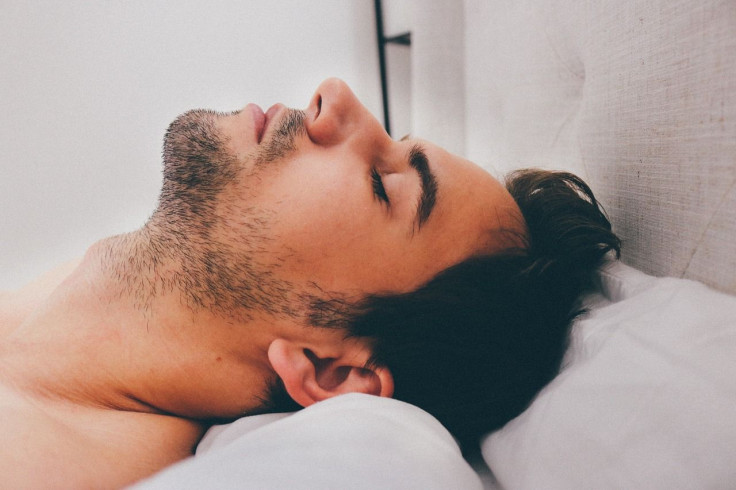Is Sleeping For 5 Hours A Day Better Than 8?

Older adults, or those 65 years old and above, can get by with five hours of sleep a night, at times.
For people from 14 to 64, doctors recommend anywhere from seven to 10 hours of sleep a night. This means the average night’s sleep is some eight hours, which is just enough time for your body to heal itself from the previous day’s damage to prepare for the next day’s challenges.
So, this confounded notion sleeping only five hours a night can still be called a good night’s sleep sounds like pseudo-science.
This pseudo-science is gaining some traction with celebrities like SpaceX and Tesla Inc. founder Elon Musk (a notorious workaholic) who declared he only gets four hours of sleep a night. Musk, however, said his sleep deprivation is involuntary and is forced on him only during periods of manic work to meet intense production deadlines at Tesla.
There seems to be some valid support for believing sleeping less than seven to eight hours a night might still be good for one’s health.
Some people that support the theory less sleep can still be healthy cite a study published by the University of California, San Diego in 2010 that suggested 6.5 hours of sleep a night might help one live longer.
This study was derived from novel sleep research 14 years earlier (or in 2004). It suggests the secret to a long life might be in having just “enough sleep.” What “enough sleep” meant in this study was somewhere between five hours a night and eight hours, which the study said is probably too much. The midpoint is 6.5 hours.
A team of scientists led by Dr. Daniel F. Kripke, MD, professor emeritus of psychiatry at UC San Diego School of Medicine, revisited the original research conducted between 1995 and 1999. This earlier study sought to determine if sleep duration could be associated with mortality.
The team returned to see who was still alive and well of the original study’s participants. Of the original number, 444 were located and evaluated.
Of this total, 86 women had died. Based upon questionnaires of people's sleep habits, earlier studies had argued sleeping 6.5 to 7.5 hours per night was associated with best survival.
Dr. Kripke and his team essentially confirmed these findings. There was a twist, however.
"The surprise was that when sleep was measured objectively, the best survival was observed among women who slept 5 to 6.5 hours," said Dr. Kripke. "Women who slept less than five hours a night or more than 6.5 hours were less likely to be alive at the 14-year follow-up."
Dr. Kripke said the study should allay some people's fears they're not getting enough sleep.
"This means that women who sleep as little as five to six-and-a-half hours have nothing to worry about since that amount of sleep is evidently consistent with excellent survival. That is actually about the average measured sleep duration for San Diego women."
Co-authors of the study included Robert D. Langer of the Jackson Hole Center for Preventive Medicine, Jeffrey A. Elliot and Katharine M. Rex of the UCSD Department of Psychiatry; and Melville R. Klauber of the UCSD Department of Family and Preventive Medicine.



























